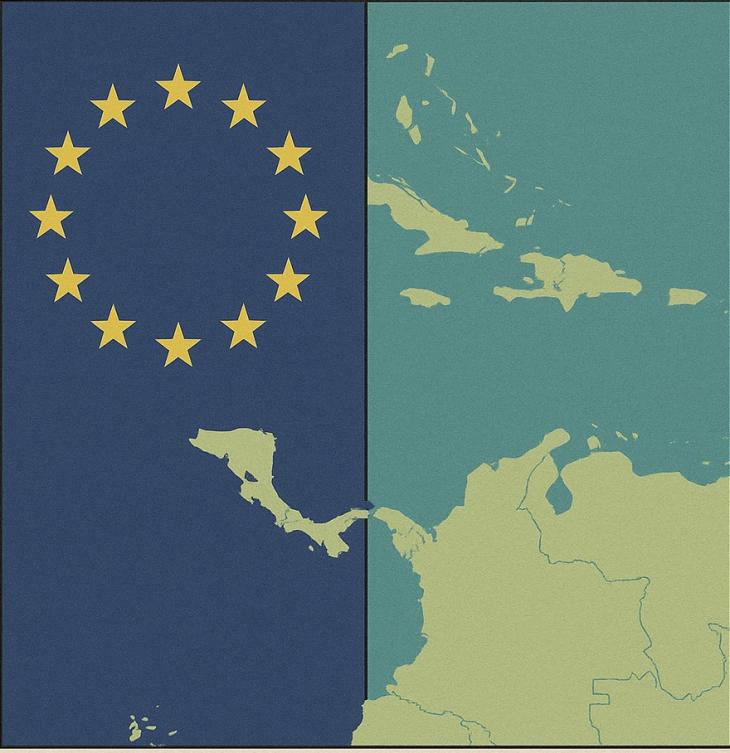
By Publisher Ray Carmen
The European Union (EU) has recently unveiled a new development agreement aimed at strengthening ties with African, Caribbean, and Pacific (ACP) nations. This successor to the Cotonou Agreement — called the Post-Cotonou Agreementor Samoa Agreement — outlines economic cooperation, climate action, migration management, and governance reforms for the next 20 years. But the burning question remains: Is this deal good for the Caribbean region?
Economic Promise, But Strings Attached
The EU promises increased access to funding for sustainable development, green energy projects, and disaster preparedness — all critical areas for Caribbean nations battling climate change and economic shocks. Small Island Developing States (SIDS) in the region may benefit from more favorable trade terms and technical assistance. However, these come with conditions related to governance, democracy, and migration control that could put pressure on local sovereignty.
Migration and Human Rights: A Double-Edged Sword
One of the more controversial aspects of the deal is its migration clause. The EU expects Caribbean states to help manage irregular migration, which could mean accepting deported nationals and tightening border controls. While this may come with aid incentives, critics argue it risks undermining the region’s autonomy and humanitarian principles.
Climate Focus: A Clear Win
Culture, Trade, and Diplomacy
Cultural cooperation and trade relations are also part of the package. Caribbean nations gain more visibility within the EU framework, which could boost tourism, creative industries, and regional exports. Yet, ensuring fair terms and avoiding exploitative trade dynamics will require constant vigilance.
A Deal With Potential — If Caribbean Voices Stay Strong
In summary, the new EU deal offers opportunities for development, environmental resilience, and international partnership. But it is not without pitfalls. The Caribbean stands to benefit — if it actively shapes the implementation process and holds its EU partners accountable.
The deal is as good as the region’s ability to negotiate, unify, and protect its interests. With assertive leadership and regional cooperation, the Caribbean can turn this into a win. If not, it risks being caught in a web of conditional aid and uneven power dynamics.
Bless up and stay woke.





